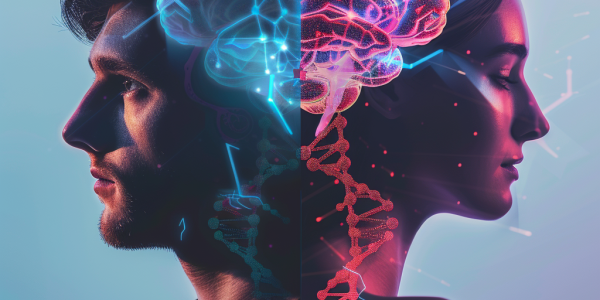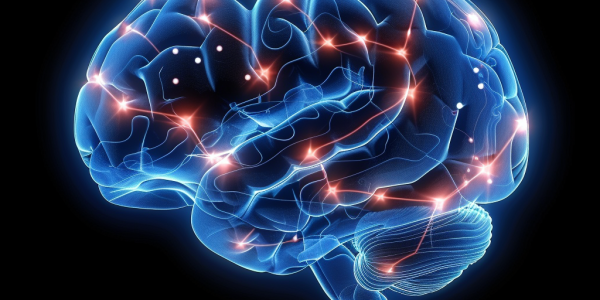New Study Reveals Genetic Factors Behind Sex Differences in Autism
A new study in Science Advances reveals the Ube3a gene’s role in sex differences in autism spectrum disorder (ASD). Researchers found that variations in this gene affect brain connectivity and behavior differently in males and females, shedding light on the higher prevalence of autism in males. This groundbreaking research enhances our understanding of autism’s genetic underpinnings and suggests that sex-specific factors must be considered in future therapies and treatments.
Study Shows AI Chatbots Reinforce Biases and Polarize Public Opinion
A recent study reveals how artificial intelligence chatbots can reinforce biases and polarize thinking on controversial topics. Despite the perception of impartiality, chatbots often mirror user biases, limiting exposure to diverse perspectives. Researchers warn of the echo chamber effect and the potential impact on societal divisions.
Google CEO Addresses Controversy Surrounding Gemini AI Image-Generation Debacle
Google CEO Sundar Pichai addresses the controversy surrounding the company’s Gemini AI image-generation debacle, acknowledging unintended consequences. Google temporarily disables Gemini’s image creation feature to make improvements for accurate and inclusive image generation. The company’s commitment to transparency and accountability in AI development reflects its dedication to providing reliable and inclusive services.
Study Reveals Emotional Processing Dynamics in Treatment-Resistant Depression Patients
A recent study reveals that individuals with treatment-resistant depression (TRD) exhibit heightened sensitivity to negative stimuli and reduced responsiveness to positive ones. Researchers utilized stereotactic electroencephalography (sEEG) to investigate emotional processing in the amygdala and prefrontal cortex of TRD patients, uncovering significant differences. The findings suggest that correcting these neural discrepancies through deep brain stimulation (DBS) could lead to more effective interventions for TRD. This study, published in Nature Mental Health, sheds light on the emotion-processing bias in depression and the potential for DBS to modify neural responses to emotional stimuli.




